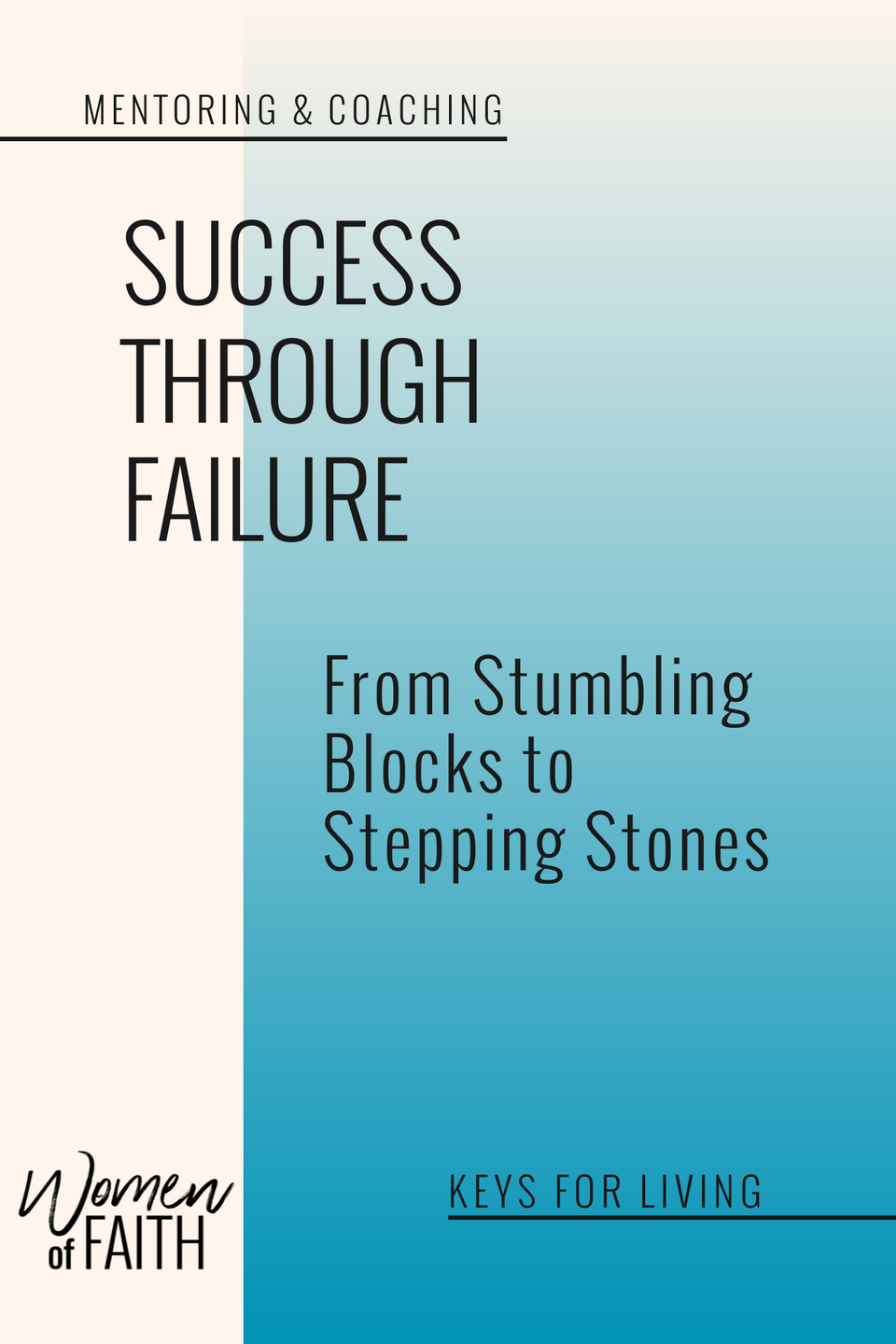SUCCESS THROUGH FAILURE

QUICK STUDY GUIDE
Need help now with SUCCESS THROUGH FAILURE?
This Quick Study Guide offers an immediate overview, concise answers, with biblical hope and practical help.

NOT SURE ON HOW TO START?
LEARN: WHAT IS GOD'S HEART ON SUCCESS AND FAILURE?
Get your free Key to Hope on SUCCESS THROUGH FAILURE. The download will be sent to your email.
WOMEN OF FAITH SHOW with ALITA REYNOLDS
Inspiring conversations that will encourage you to live the life you were created for.
Do you want to experience a deeper relationship with Jesus?
Do you need some encouragement that your story has a purpose?
Join Alita Reynolds, the President of Women of Faith, as she and her featured guests inspire you to live the life you were created for and equip you to walk more fully in God’s purpose for your life.
Whatever your story, your life matters, you belong, and God wants you to live victoriously. You’ll meet a wide range of guests who impact the kingdom in meaningful ways every day. Their stories will inspire you to believe that when we walk by faith, ANYTHING is possible.
COLLECTION OF CLASSES
Take a deep dive into complete and comprehensive teaching.
Learn with our collection of classes found by subscribing today PLUS receive so much more.
Our Women of Faith Collection of Classes are designed to help you and those you care about deepen your relationship with Jesus and make practical changes in your life. Sign up to watch the Women of Faith Collection of Classes at LIFTABLEtv and start moving toward the FREEDOM you crave.
Whatever you’re facing, your life matters, and God wants you to live in victory. Today is a great day to begin.


